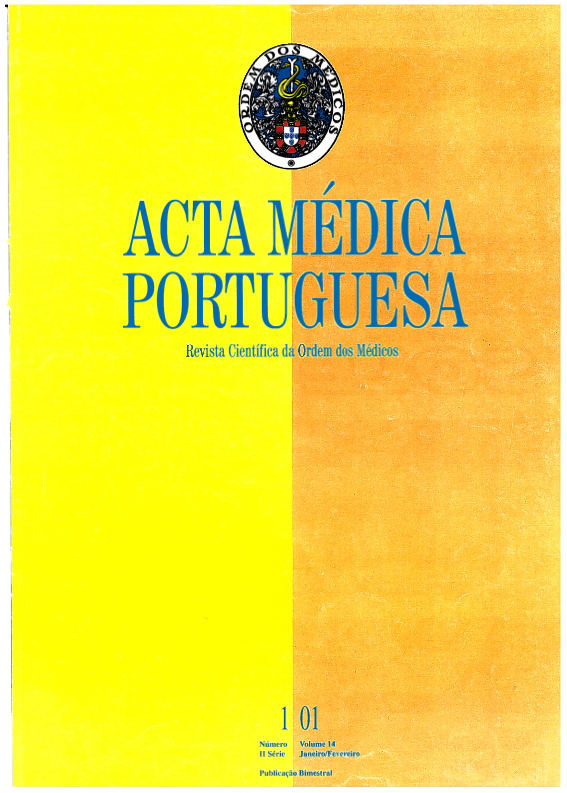Aplicações pré-cirúrgicas do mapeamento cortical por Ressonância Magnética Funcional.
DOI:
https://doi.org/10.20344/amp.1824Resumo
The authors describe a clinical experience in cortical brain mapping by Functional Magnetic Resonance Imaging (FMRI) with a 1.0 T MR scanner with BOLD technique and echo-planar imaging (EPI). A brief review is made of the theoretical basis of the BOLD technique and of the different functional tasks used. The main clinical applications of FMRI cortical mapping regarding the sensorimotor cortex of the hand and of language are mentioned. The experiment involves 29 patients, 16 with gliomas (G), 7 with mesial temporal sclerosis (MT S) and 6 with arteriovenous malformations (AVM) The most frequent clinical applications were the determination of the topographic relationship of the cerebral lesions with these eloquent cortices as well as the presurgical lateralization of language in medically intractable epileptic patients. The results are discussed in order to assess the FMRI cortical mapping role as a noninvasive method for presurgical planning, regarding the evaluation of the potential neurosurgical risks and the identification of viable cortex regions displaced or reorganized as a consequence of disease. Additionally, FMRI cortical mapping can also assess the atypical speech representations and the language lateralization of the patients.Downloads
Downloads
Como Citar
Edição
Secção
Licença
Todos os artigos publicados na AMP são de acesso aberto e cumprem os requisitos das agências de financiamento ou instituições académicas. Relativamente à utilização por terceiros a AMP rege-se pelos termos da licença Creative Commons ‘Atribuição – Uso Não-Comercial – (CC-BY-NC)’.
É da responsabilidade do autor obter permissão para reproduzir figuras, tabelas, etc., de outras publicações. Após a aceitação de um artigo, os autores serão convidados a preencher uma “Declaração de Responsabilidade Autoral e Partilha de Direitos de Autor “(http://www.actamedicaportuguesa.com/info/AMP-NormasPublicacao.pdf) e a “Declaração de Potenciais Conflitos de Interesse” (http://www.icmje.org/conflicts-of-interest) do ICMJE. Será enviado um e-mail ao autor correspondente, confirmando a receção do manuscrito.
Após a publicação, os autores ficam autorizados a disponibilizar os seus artigos em repositórios das suas instituições de origem, desde que mencionem sempre onde foram publicados e de acordo com a licença Creative Commons









